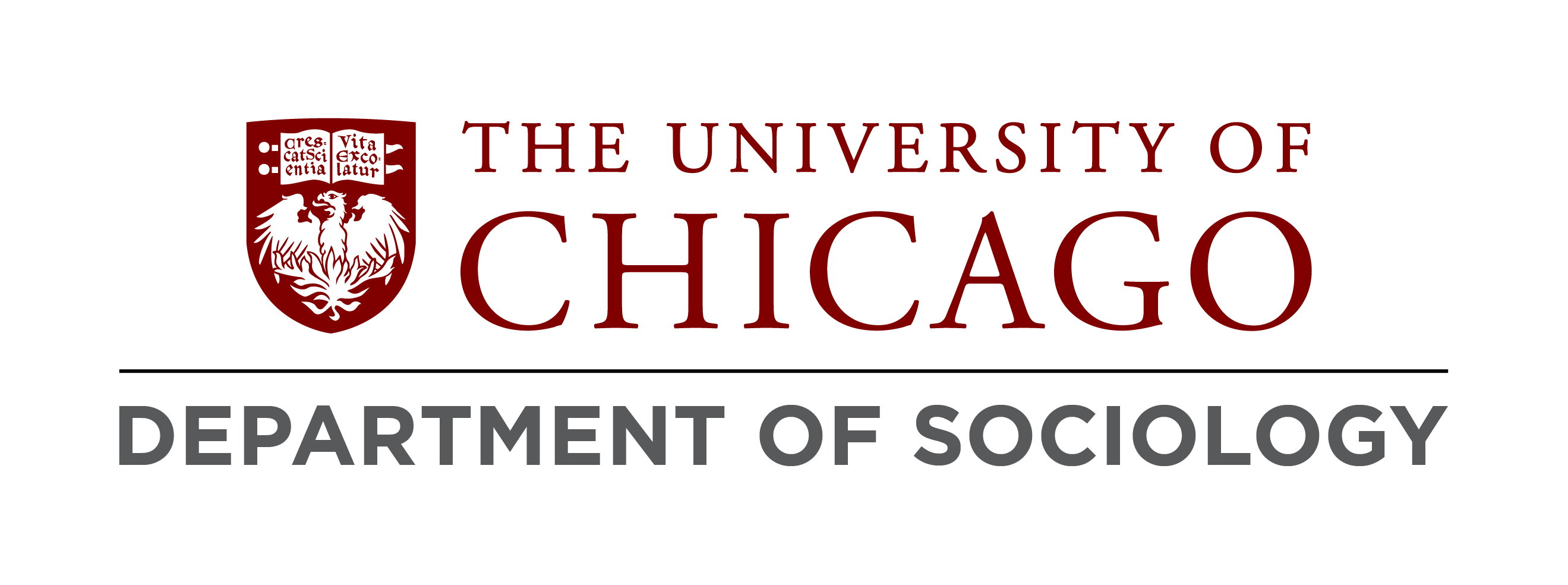Undergraduate

What is Sociology? Why should you major in it?
To paraphrase Georg Simmel, sociology isn’t just a great pot into which a bunch of topics related to society are dumped. It represents a particular perspective on the world, one that is very different from common-sense and commonly available perspectives rooted in, say, economics, biology, physics, or psychology. Sociologists tend to explain the world using words like social structure, culture, agency, and process rather than self-interest, genetics, evolution, natural laws, or neural wiring. A sociological perspective can be very powerful, casting a new and clarifying light on important social issues and problems, from racial segregation in the United States to democratic backsliding globally.
The sociology program has two major goals. The first is simply to teach students how to think sociologically. To this end, it will help them develop a theoretical vocabulary and an understanding of the methods professional sociologists employ in doing their research. These methods typically involve the use of statistics, systematic observation, interviews, big data, and archival material. The second major goal is to have students exercise their sociological imaginations by conceiving and conducting their own research projects, either in the context of individual courses or, ideally, a year-long capstone sequence.
Students will develop a valuable set of skills in the course of the sociology program. Most importantly, they will learn to think sociologically and deepen their sociological imaginations. They will gain a fluency in sociological theory, learning how to navigate ideas in general, and some proficiency in quantitative, qualitative, and historical methods. They will learn to design and carry out research projects.
These skills are not only personally enriching but eminently marketable. In recent years, our students have gone on to matriculate in top-tier graduate programs not just in the social sciences but in schools of medicine, business, law, education, and social work. They have been recruited by law firms, investment banks, community organizations, government agencies, nonprofits, social media companies, and start-ups. The goal of the program overall is not just to produce more professional sociologists but, rather, more sociologically minded citizens.
CONTACTS
Director of Undergraduate Studies: Marco Garrido
 THE UNIVERSITY OF CHICAGO
THE UNIVERSITY OF CHICAGO

